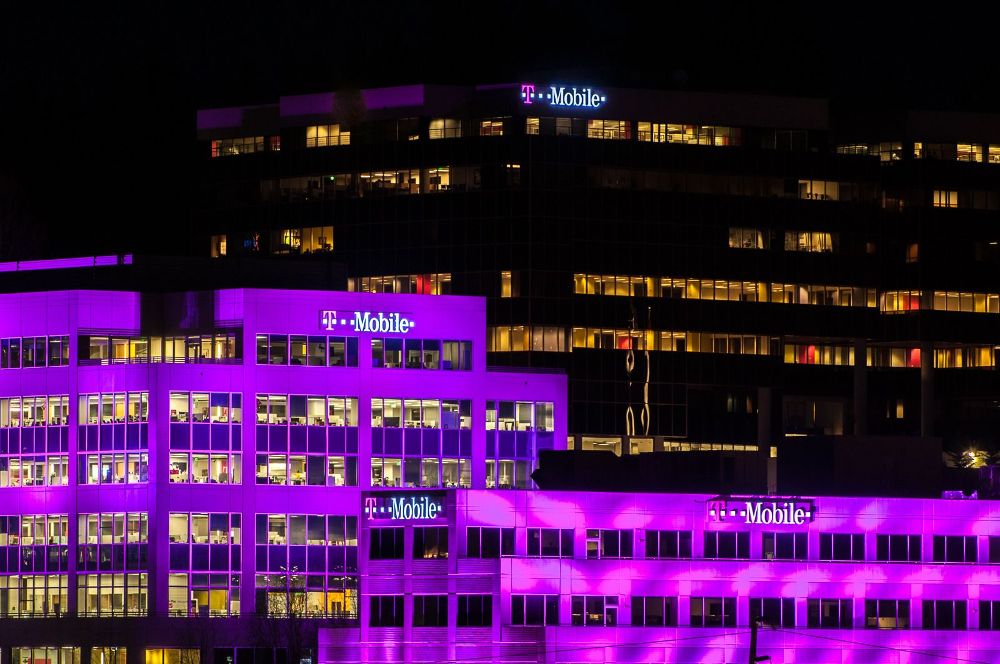T-Mobile US, Sprint combo would create ‘unprecedented capacity’
Speaking during the recent Goldman Sachs Communacopia Conference, T-Mobile US executives provided an update on the proposed merger with Sprint, including a look at the daily work being done to prepare for an integration of the two carriers’ networks.
Chief Operating Officer Mike Sievert said, “We’ve got a full integration team going, functional leads in every function at both companies, weekly steering meetings, deep work happening. And it really starts with the network.”
Sievert called a roaming agreement between T-Mobile US and Sprint is a “really important integration element” that helps align engineering and commercial teams. He said other aspects of the integration are ensuring Sprint’s handset procurement is compatible with the destination network and more advanced roaming for future load balancing.
“The teams are well underway in getting ready for this merger,” Seiver continued. He said interactions with federal officials are proving “constructive, open-minded, detail-oriented. The massive expansion in capacity that the New T-Mobile will create will create more competition, better circumstances for consumers and we know the government, once they really understand that, will see the merits.”
Subscribe now to get the daily newsletter from RCR Wireless News
Last week the U.S. Federal Communications Commission paused the 180-day shot clock for its review of the proposed merger of T-Mobile US and Sprint, citing new information still coming in T-Mobile US on network engineering, a financial basis for new network build-out and economic modeling. Click here to learn more about the regulatory issues that prompted the pause.
Speaking at Communacopia, T-Mobile US Chief Financial Officer Braxton Carter said the pause “was totally expected.”
In a response to a question about 5G infrastructure investment and its relationship to service revenues, Carter said, “On the backhaul part of the equation, we are at this point essentially prepared for 5G. We have 52 different fiber providers. We have renegotiated pretty much all our agreements. We’re pretty much through that with very minimal cost impact and, in some cases, no cost impact. There’s a lot of fiber in this country. We don’t see the necessity of going out and putting our own fiber plant in place. Small cells is something that will continue to progress. Our philosophy on small cells is to deal with full turnkey providers. Crown Castle has done an amazing job of getting early into this space and is delivering significant capability, as are multiple other players in the marketplace. We’re not trying to engineer our own solution.”
To listen to Sievert and Carter’s full session, click here.
